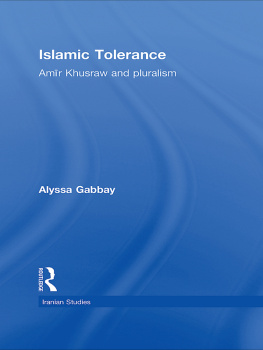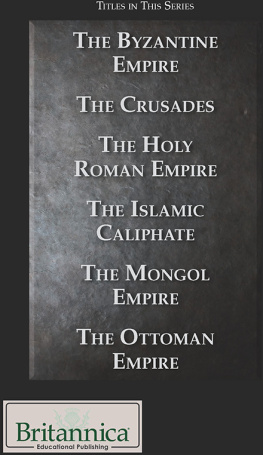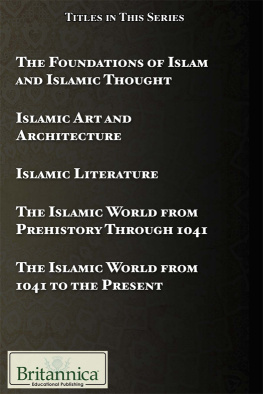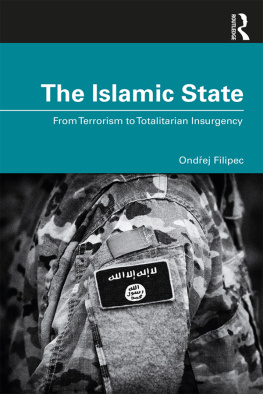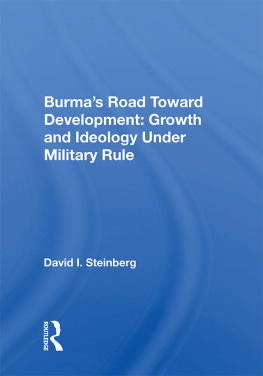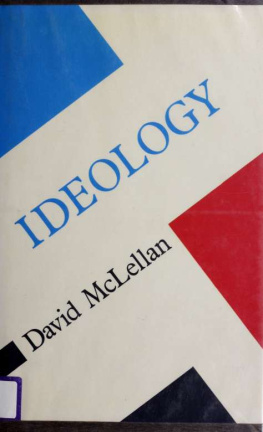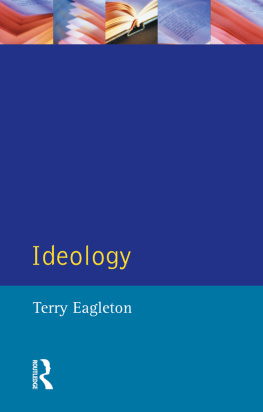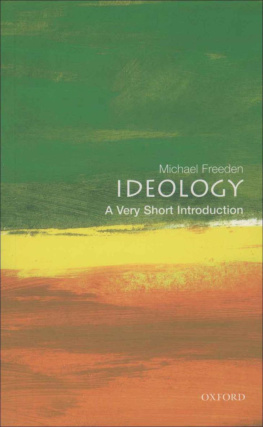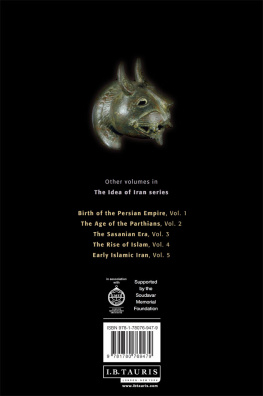The Rum Seljuqs
Charting the expansion of the Rum Seljuqs from rulers of a small principality to a fully fledged sultanate ruling over almost the whole of Anatolia, this book demonstrates how ideology, rather than military success, was crucial in this development.
The Rum Seljuqs examines four distinct phases of development, beginning with the rule of Sulaymn (47378/108186) and ending with the rule of Kay Khusraw II (63444/ 123746). First, Songl Mecit examines the Great Seljuq ideology as a precursor to the ideology of the Rum Seljuqs. Continuing to explore the foundation of the Seljuq principality in Nicaea, the book then examines the third phase and the period of decline for the Great Seljuqs. Finally, the book turns to the apogee of the Rum Seljuq state and questions whether these sultans can, at this stage, be considered truly Perso-Islamic rulers.
Employing the few available Rum Seljuq primary sources in Arabic and Persian, and drawing on the evidence of coins and monumental inscriptions, this book will be of use to scholars and students of History and Middle East Studies.
Songl Mecit is a postdoctoral fellow in Islamic Studies in the Department of Islamic and Middle Eastern Studies at the University of Edinburgh.
Routledge Studies in the History of Iran and Turkey
Edited by Carole Hillenbrand, University of Edinburgh
This series publishes important studies dealing with the history of Iran and Turkey in the period AD 10001700. This period is significant because it heralds the advent of large numbers of nomadic Turks from Central Asia into the Islamic world. Their influence was felt particularly strongly in Iran and Turkey, territories which they permanently transformed.
The series presents translations of medieval Arabic and Persian texts which chronicle the history of the medieval Turks and Persians, and also publishes scholarly monographs which handle themes of medieval Turkish and Iranian history such as historiography, nomadization and folk Islam.
Mediaeval Islamic Historiography and Political Legitimacy
Balamis Tarikhnamah
A.C.S. Peacock
History of the Seljuq Turks
The Saljuq-nama of Zahir al-Din Nishpuri
Translated by Kenneth Allin Luther Edited by Edmund Bosworth
The Annals of the Saljuq Turks
Selections from al-Kamil fil-Tarikh of Ibn al-Athir
D.S. Richards
Early Mongol Rule in Thirteenth Century Iran
A Persian Renaissance
George Lane
The Ghaznavid and Seljuk Turks
Poetry as a Source for Iranian History
G.E. Tetley
Iranian Elites and Turkish Rulers
A History of Isfahan in the Saljuq Period
David Durand-Gudy
Early Seljuq History
A New Interpretation
A.C.S. Peacock
The Great Seljuqs
A History
Aziz Basan
The History of the Seljuq State
A translation with commentary of the Akhbar al-dawla al-saljuqiyya Clifford Edmund Bosworth
The Rum Seljuqs
Evolution of a Dynasty
Songl Mecit
The Rum Seljuqs
Evolution of a Dynasty
Songl Mecit
First published 2014
by Routledge
2 Park Square, Milton Park, Abingdon, Oxon OX14 4RN
Simultaneously published in the USA and Canada
by Routledge
711 Third Avenue, New York, NY 10017
Routledge is an imprint of the Taylor & Francis Group, an informa business
2014 Songl Mecit
The right of Songl Mecit to be identified as author of this work has been asserted by her in accordance with sections 77 and 78 of the Copyright, Designs and Patents Act 1988.
All rights reserved. No part of this book may be reprinted or reproduced or utilised in any form or by any electronic, mechanical, or other means, now known or hereafter invented, including photocopying and recording, or in any information storage or retrieval system, without permission in writing from the publishers.
Trademark notice: Product or corporate names may be trademarks or registered trademarks, and are used only for identification and explanation without intent to infringe.
British Library Cataloguing in Publication Data
A catalogue record for this book is available from the British Library
Library of Congress Cataloging in Publication Data
Mecit, Songl.
The Rum Seljuqs : evolution of a dynasty / Songl Mecit.
pages cm. -- (Routledge studies in the history of Iran and Turkey)
Includes bibliographical references and index.
1. Seljuks--History. 2. Turkey--History--To 1453. 3. Islamic Empire--History--750-1258. I. Title.
DS27.M44 2014
956.1014--dc23
2013012131
ISBN: 978-0-415-50540-6 (hbk)
ISBN: 978-1-315-88989-4 (ebk)
To the loving memory of my grandfather Haydar Mecit, who gave me the love for learning, and to my grandmother Zhre Mecit, who showed me how strong women can be.
I would like to thank first two women without whom I could have never completed this work: Professor Carole Hillenbrand who is in the true sense of the word a Doktormutter, who has not only given me excellent academic guidance and steered me towards the publication of this work but also has given me much needed moral support and has shown great compassion, and my mother Hanm Mecit, who is always there when I need her most.
I was fortunate to have Professor Rudolf Hiestand as my teacher at the Heinrich Heine University (Dsseldorf) who inspired me to study medieval history and from whom I first acquired a specific interest in the Seljuqs and Islamic History. I am also grateful to Professor Robert Hillenbrand who generously provided me with copies of rare books and words of encouragement.
It is important to recognize that such a work is not possible without the support of family and friends. I am grateful to them all but especially my aunt, Hsniye Mecit, who managed to live with me all these years and become the best assistant one could ask for. I am likewise grateful to my dear friends, Eleonore Mller and Stefanie Lind-Fach for their support throughout the years.
I would also like to express my sincere thanks to my Edinburgh people: Dr Kirsten Thomson for being a real friend, Dr Saeko Yazaki and Dr Stephen Burge for the stimulating lunch meetings while we were PhD students, Rhona Hajcman, for never failing to give an encouraging smile and for her support during the symposium on the Seljuqs, Dr Golnaz Nanbakhsh and Ula Zeir for correcting some of my Persian and Arabic translations.
I should also like to record my gratitude to my late friend Jrgen Bargman, who did not just teach me Latin but also taught me not to be afraid to think outside the box. I am very grateful to the team at Routledge, especially Mrs Mary Dalton and Ms Geraldine Martin for seeing this book through to press. Last but not least, I would like to thank my husband Ibrahim for his support and patience.
For the Arabic and Persian words a modified version of the Encyclopedia of Islam (2nd edition) transliteration system has been employed except for widely used terms such as Saladin, jihad, Sunni, and Shii. The Turkish words are given in their modern Turkish spelling.
The translations from Arabic, Persian, German, and Turkish works given in this study have been done by the author when not listed in the references. However, all quotes are cited with the transliterations used by the respective authors.


